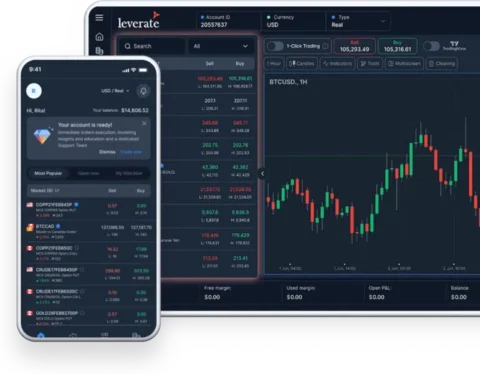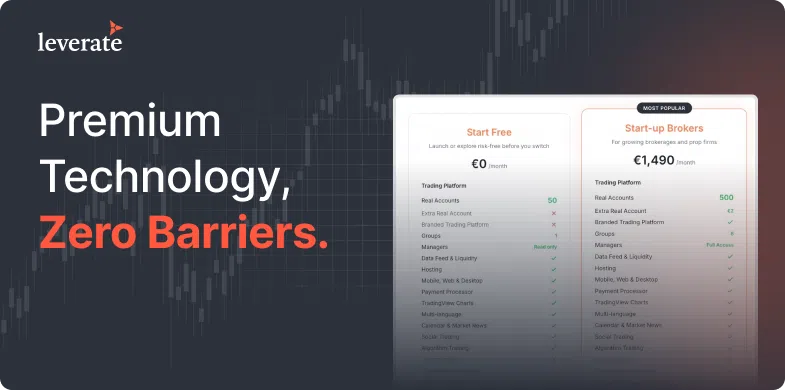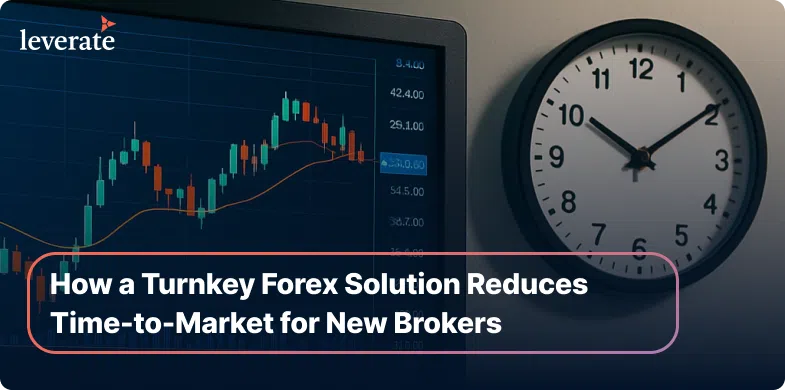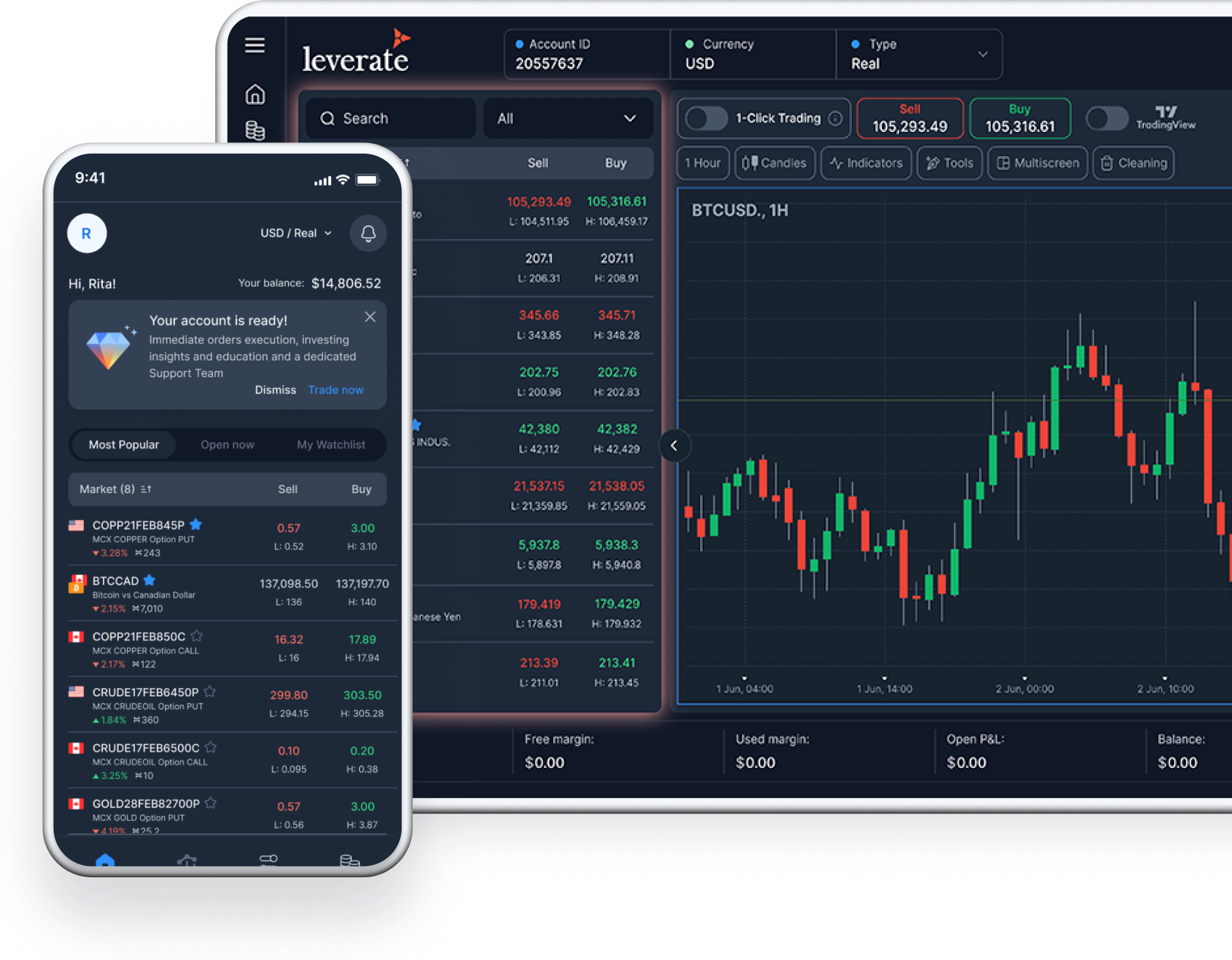Traditionally, FX brokerages and trading companies have kept their retail and institutional clients separate. Sometimes, this has extended to the establishment of individual trading and sales desks for the different types of client. And, more often than not, the deal flow of each type of customer was managed by different IT systems. But is this all about to change?

The differences between retail and institutional clients trading in currencies is not that marked. Of course, it’s all about scale and purchasing power. While the number of institutional trades that a brokerage or trading company will manage may be relatively low, the value of their individual transactions dwarfs that of the typical retail deal. This difference is normally reflected in the trading systems used to capture and manage those trades.
However, there is currently a trend to pass both types of FX trade through the same transaction and settlement system. Despite the fact that a 1,000 USD deal carries different capital requirements, order routing, and risk management to a 100 million USD deal, transaction system designers are increasingly merging their software into one unitary platform.
One issue with this approach has to do with pooling. This occurs where many small retail deals are bundled together into larger sized trades in order to cut down on time and transaction costs. This involves individual retail transactions taking longer to settle, as they must first be pooled prior to settlement. This is not the case with large institutional deals where settlements can and are normally required to be as rapid as possible. Systems designers of each type of transaction are busily adapting their software to manage the other type of client. Of course, not all systems require so much adaptation. Most sophisticated FX trading and settlement platforms will be able to handle both types of transactions.
Then there is the issue of hedging. The process of managing the exposure risk of retail customers is significantly different to that of managing institutional customers, and this is an area that multi-system designers will be required to develop. This will involve a detailed analysis of trade aggregation, which is not something of relevance to single-deal platforms.
Streamlining FX system solutions does make sense, but post-trade solutions could be problematic. Banks try to keep those trades out of the IT workflow as they cost money, slow down deal settlement, and increase market exposure. Even though a large number of small trades might exceed one large institutional deal, no company will want those smaller trades holding up that large commission payment.
Regulation also plays a part in the picture. Many retail platforms are more highly regulated than platforms that manage institutional activity. In reality, retail customers require a lighter touch and less attention than institutional investors. Functions such as credit and execution require smooth, rapid, and less fussy involvement with retail customers, while similar functions with institutions may be segregated.
It is clear that while the requirements of retail and institutional customers may vary, there will be significant savings in terms of time, energy, and money if the FX trading platforms for these two markets are merged.



















